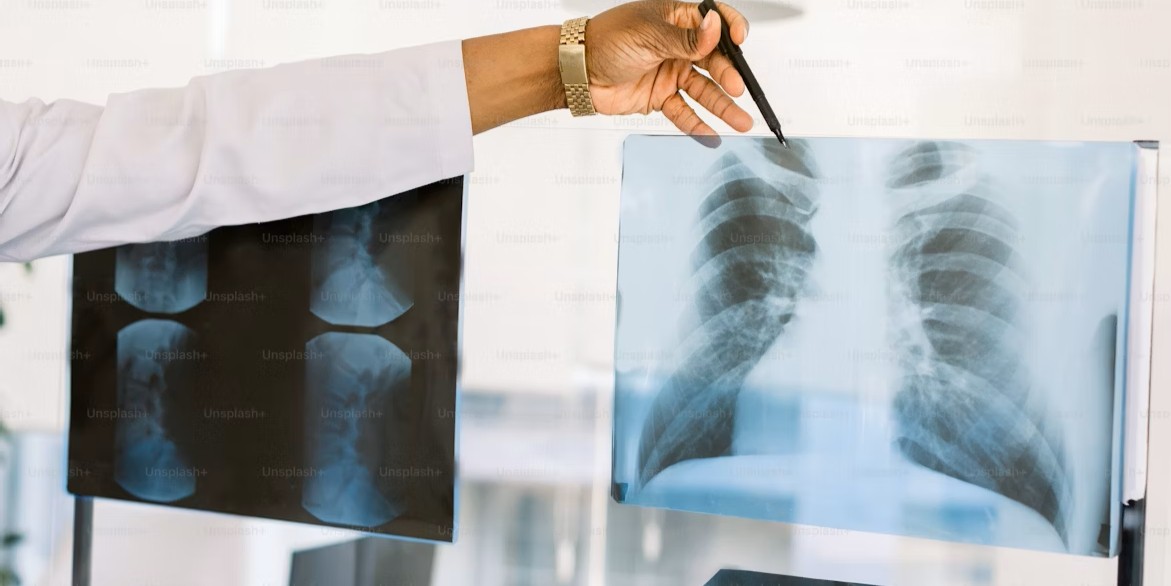Several important health science findings released on September 13, 2025, in Reuters Health Rounds point to promising advances in medical research that could transform how serious diseases and mental health conditions are diagnosed and treated. These studies, though still in early stages, highlight the possibilities of earlier detection, more personalized interventions, and improved recovery outcomes in areas that have historically been difficult to manage effectively.
One of the most closely watched studies examined metabolic signatures in the blood of people with depression who are at elevated risk of suicide. Researchers compared individuals living with treatment-resistant depression and active suicidal thoughts to healthy volunteers. The results showed significant differences in metabolic markers, particularly in areas involving lipids, folate, and carnitine. These biochemical abnormalities provide potential clues to underlying biological processes that may contribute to suicidal risk. If these findings are validated through larger studies, they could eventually lead to the development of a blood test capable of flagging high-risk patients before a crisis occurs. For psychiatrists and primary care physicians, such a tool could radically reshape suicide prevention by allowing more targeted treatment approaches and personalized care strategies tailored to each individual’s unique metabolic profile.
The implications of this research extend well beyond diagnostics. By identifying deficiencies and imbalances at the biochemical level, scientists may open new avenues for treatment. Patients could receive more individualized therapies aimed at correcting these specific deficiencies, making treatment more effective and potentially reducing the rate of relapse. This is particularly significant given that suicide remains a leading cause of death worldwide, with existing interventions often reactive rather than preventative.
In another promising development, researchers unveiled an experimental inhalable test designed to detect lung cancer in its earliest stages. Animal studies demonstrated that the test was capable of identifying tumors in mice that were equivalent to Stage 1 or Stage 2 human lung cancers. This level of early detection is critical, as lung cancer is most treatable before it spreads, yet it is often diagnosed late due to its subtle symptoms. Current screening methods rely primarily on CT scans, which, while effective, are costly and not always accessible, particularly in low-resource settings. An inhalable test, if proven safe and accurate in human trials, could become a game-changer by making early detection more widely available, inexpensive, and easier to administer. For regions with limited healthcare infrastructure, such a tool could dramatically improve survival rates by ensuring patients are diagnosed earlier and have more treatment options available.
In addition to these breakthroughs in psychiatry and oncology, researchers also reported progress in the field of transplant medicine. Studies are increasingly showing that the human microbiome—the diverse community of bacteria and viruses that reside in the gut—plays a critical role in determining how patients recover after stem cell transplants. Specifically, researchers identified microbial populations that appear to mitigate the severity of graft-versus-host disease, a dangerous complication in which transplanted donor cells attack the recipient’s body. By harnessing these beneficial microbes, doctors may one day be able to develop therapies that reduce the likelihood of this complication, improving survival and long-term health for transplant recipients. The findings suggest that future transplant care may involve not just immunosuppressive drugs, but also tailored microbial interventions designed to strengthen the body’s natural defenses.
Together, these studies reflect a broader trend in modern medicine toward earlier detection, more personalized treatments, and the integration of new biological insights into clinical care. The possibility of using a blood test to identify suicide risk before it escalates, the potential for an inhalable diagnostic to catch lung cancer earlier, and the use of microbiome-based therapies to support transplant patients all point to a future where medicine becomes both more proactive and more precise.
While significant work remains to validate these findings and translate them into clinical practice, the promise they hold is substantial. Each represents a step forward in addressing areas of healthcare where traditional approaches have fallen short. For mental health, the ability to detect biological markers of suicide risk could help shift care from reactive crisis management to preventative support. In oncology, earlier detection of lung cancer could dramatically alter survival rates. In transplantation, integrating microbiome science could reduce complications and speed recovery.
For patients and families, these developments provide hope that the next generation of medical tools will be more attuned to individual needs, more accessible across different healthcare systems, and more effective at saving lives. The research presented this week offers a glimpse of that future, one where science moves closer to delivering solutions that meet some of medicine’s most pressing challenges.
Read Also: https://goodmorningus.com/advances-in-chronic-lung-disease-detection/

